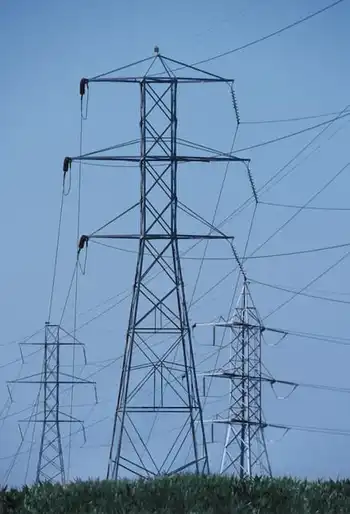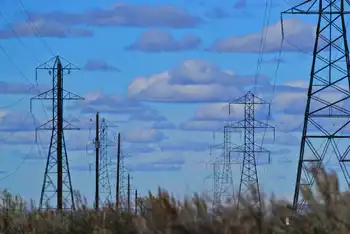Alternative energy plan draws fire
The changes would be funded by a 2 percent increase in electricity rates and a 1-cent-a-gallon increase in the gas tax.
The measure, crafted by Sen. Jim King, R-Jacksonville, would require the utilities to draw a fifth of their power from nuclear power or renewable sources, like solar, biomass or wind energy, by 2020.
"I think it's something that has to be done sooner or later," said King, who chairs the Communications, Energy and Public Utilities Committee that approved the measure. "If not now, when?"
King's bill draws on a plan submitted by the Public Service Commission in January. The PSC proposal, ordered by the Legislature in 2008, did not include nuclear energy or the fuel tax increase.
The panel approved the plan 6-3, with two Republicans dissenting over the increased gas tax and one Democrat opposing the bill because it includes nuclear power.
The proposal would allow utilities to draw 15 percent of their power from renewable sources and 5 percent from new nuclear plants. But Sen. Dan Gelber, D-Miami Beach, said that was a significant change from the Legislature's initial charge to the PSC and an executive order issued by Gov. Charlie Crist, who has pressed for the "20 by 2020" plan.
"It does seem to me that this measure retreats from the renewable portfolio standard," Gelber said.
Some environmentalists expressed concern about the pro-nuclear portion of the measure but backed it anyway. Others blasted the inclusion of nuclear sources.
"Taxpayers should not be subsidizing nuclear power when there are faster, cleaner, cheaper alternatives to meet our energy needs," said Brad Ashwell of Florida PIRG, a public-policy group.
Republican Sens. Mike Fasano, R-New Port Richey, and Mike Haridopolos, R-Melbourne, argued against the gas tax increase. Both pushed for the Legislature to use federal stimulus funds targeted for renewable energy.
King, though, said the status of those stimulus funds was still murky, and the bill would be little more than good intentions without funding. King also questioned whether the tax increase is significant enough to make a difference.
"I don't think that the people at home are even going to feel the one penny," he said.
Related News

Coronavirus puts electric carmakers on alert over lithium supplies
BEIJING - The global outbreak of coronavirus will accelerate efforts by western carmakers to localise supplies of lithium for electric car batteries, according to US producer Livent.
The industry was keen to diversify away from China, which produces the bulk of the world’s lithium, a critical material for lithium-ion batteries, said Paul Graves, Livent’s chief executive.
“It’s a conversation that’s starting to happen that was not happening even six months ago,” especially in the US, the former Goldman Sachs banker added.
China produced about 79 per cent of the lithium hydroxide used in electric car batteries last year, according to consultancy CRU, a…




